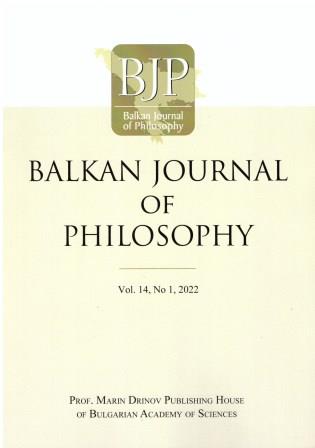Computer Simulations as Fiction in Science
Computer Simulations as Fiction in Science
Author(s): Miloš AgatonovićSubject(s): Philosophy, Ethics / Practical Philosophy, Special Branches of Philosophy, Philosophy of Science
Published by: Институт по философия и социология при БАН
Keywords: computer simulations; analogue simulations; experiments; measurement; theoretical models; fictions.
Summary/Abstract: The present paper intends to show that computer simulations used in science are akin to fiction. Starting from the problem of defining computer simulation, the paper discusses the uses and disadvantages of simulations in science. Computer simulations have a representational function, but they do not resemble the phenomena that they purport to represent. Computer simulations do not preserve the content of the models, input data, and theories from which they proceed, since the content is modified by computational processes. Because of the complexities of these processes, we cannot control or test the methods used to process the content of computer simulations. Still, simulations may help to explain the behaviour of a possible aspect of the phenomenon under examination. Although their role in doing so may be limited, by conforming to and immersing us in the worldview of science, simulations, thus reinforce the intuitions of the existing body of scientific knowledge, and similarly to the “believable fiction” described by John Woods, provide genuine understanding.
Journal: Balkan Journal of Philosophy
- Issue Year: XIV/2022
- Issue No: 1
- Page Range: 5-10
- Page Count: 6
- Language: English
- Content File-PDF

